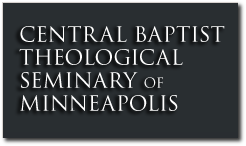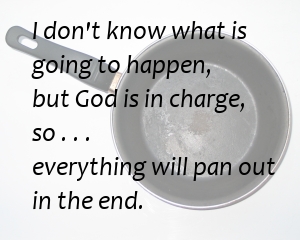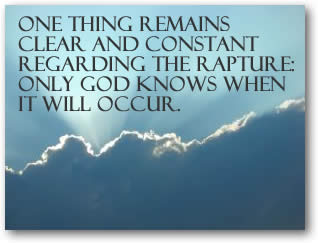The Rapture of the Church, Part 2
 Read Part 1.
Read Part 1.
No rapture hope for Peter
The last recorded words of the Lord Jesus Christ in the Gospel of John look forward to His second coming: “If I will that he [John] remain till I come, what is that to you [Peter]?” (NKJV, John 21:23).
In spite of Peter’s denial of Jesus in the courtyard of the high priest (cf. John 18:15, 25, 26), our Lord graciously restored him to the position of leadership he had temporarily abandoned (John 21:1-19). But He also solemnly affirmed that Peter would die—probably by crucifixion: “ ‘Most assuredly, I say to you, when you were younger, you girded yourself and walked where you wished; but when you are old, you will stretch out your hands, and another will gird you and carry you where you do not wish.’ This He spoke, signifying by what death he [Peter] would glorify God” (John 21:18-19).
If Peter had the slightest hope of being raptured to heaven without dying, that hope was now removed (cf. 2 Pet. 1:14—“knowing that shortly I must put off my tent, just as our Lord Jesus Christ showed me”). But he asked Jesus about the destiny of his close friend and fellow-apostle, John: “But Lord, what about this man?” (John 21:21).
Jesus’ answer must have amazed Peter and many other believers: “If I will that he remain till I come, what is that to you?” (v. 22). What did Jesus mean by this statement? Did he mean that John would never die, but would experience the rapture? That is what many thought: “Then this saying went out among the brethren that this disciple [John] would not die. Yet Jesus did not say to him that he would not die, but, ‘If I will that he remain till I come, what is that to you?’” (v. 23).
Some 60 years later, the aged apostle John, probably the last survivor of the original twelve, exiled to the Isle of Patmos, penned these words at the end of the book of Revelation: “He [Jesus, cf. Rev. 1:1] who testifies to these things says, ‘Surely I am coming quickly.’ Amen. Even so, come, Lord Jesus!” (Rev. 22:20). John was probably praying for Jesus to take him alive to heaven—to be glorified and raptured without dying.

 Republished with permission (and unedited) from
Republished with permission (and unedited) from 
 Not long ago, a friend of mine was challenging me on eschatology. He believes that it is very important to embrace the pretribulational, premillennial position. I asked why this was so important. His answer was that we need to know which season we are in because the danger of false teachers will appear in the last days.
Not long ago, a friend of mine was challenging me on eschatology. He believes that it is very important to embrace the pretribulational, premillennial position. I asked why this was so important. His answer was that we need to know which season we are in because the danger of false teachers will appear in the last days. “In the last days scoffers will say, Where is the promise of His coming?” (2 Pet. 3:3-4).
“In the last days scoffers will say, Where is the promise of His coming?” (2 Pet. 3:3-4).
Discussion